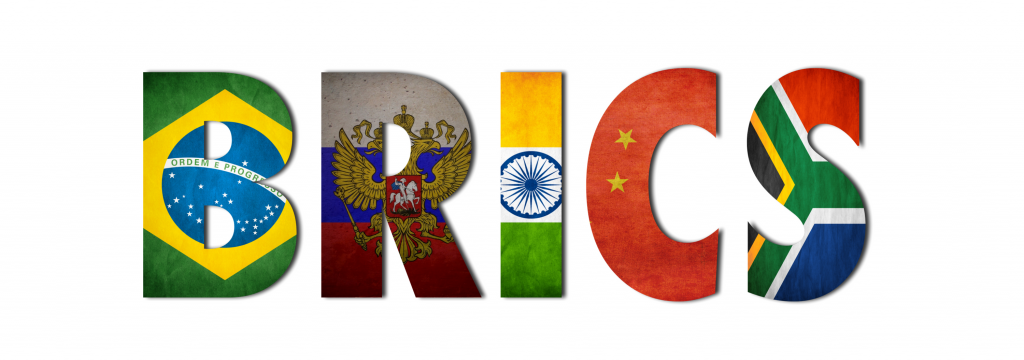BRICS nations must put human rights at the forefront of their discussions, said Amnesty International India and South Africa in a joint statement released at the commencement of the 10th BRICS Summit in Johannesburg today.
All the BRICS countries face a number of human rights challenges. In Brazil, there are still no answers for the murder of Marielle Franco, a human rights defender (HRD) who was killed in Rio De Janeiro. In Russia, LGBTI people face serious threats and live in constant fear. In China, a Tibetan HRD, Tashi Wangchuck, was handed an unjust five year prison sentence after being featured in a New York Times video. In South Africa, the wheels of justice for the victims and families of the Marikana tragedy are turning far too slowly. And in India, there is a growing trend of harassment and attacks on human rights defenders and hate crimes against marginalised communities.
“With such wide ranging human rights issues plaguing these emerging economies, the leaders of these countries must act immediately to redress violations and ensure accountability,” said Shenilla Mohamed, Executive Director, Amnesty International South Africa.
“Attacks on HRDs and marginalized communities cannot become the order of the day. HRDs defend truth and justice. However, instead of commending them for their efforts, they are silenced and their work is shut down.”
Increasing harassment of Indian HRDs over the last few years is of particular concern. Since November 2017, Chandrashekhar Azad, a Dalit HRD working on issues of caste-based discrimination and violence, has been held in administrative detention, without charge or trial.
In the northeastern state of Manipur, HRDs seeking justice for loved ones lost in alleged extrajudicial executions, are facing unprecedented harassment and attacks. As recently as April 2018, Salima Memcha, who lost her husband to extrajudicial execution, was verbally threatened by security personnel and her house was vandalised.
“Human rights defenders, the champions of truth and justice, are portrayed as criminals, ‘anti-nationals’ or even ‘foreign agents’. They are maligned, locked up and attacked for speaking out,” said Aakar Patel, Executive Director, Amnesty International India.
In India, there is also growing sense of insecurity amongst people belonging to marginalised communities. “In the first six months of 2018, at least 100 instances of alleged hate crimes have been reported from across the country. The Indian government’s failure to ensure justice in such cases is enabling a climate of impunity,” said Aakar Patel.
“We urge the Indian Prime Minister, Narendra Modi, and the other heads of state at the Summit, to acknowledge their responsibility towards upholding human rights and work collectively to end human rights violations.”
Background
Background
The association formed by five major emerging economies: Brazil, Russia, India, China and South Africa, is collectively known by the acronym ‘BRICS’.
The BRICS Leaders’ Summit is convened annually with discussions focusing on political and socio-economic coordination.
The first BRIC Summit took place in Russia in June 2009. In December 2010, South Africa was invited to join the group and the acronym was changed to BRICS. Former South African President Jacob Zuma attended the third BRICS Summit in China, in March 2011.
South Africa has been appointed to chair BRICS from 1 January to 31 December 2018. The 2018 Summit is the 10th BRICS Summit and will be held from 25 to 27 July.


